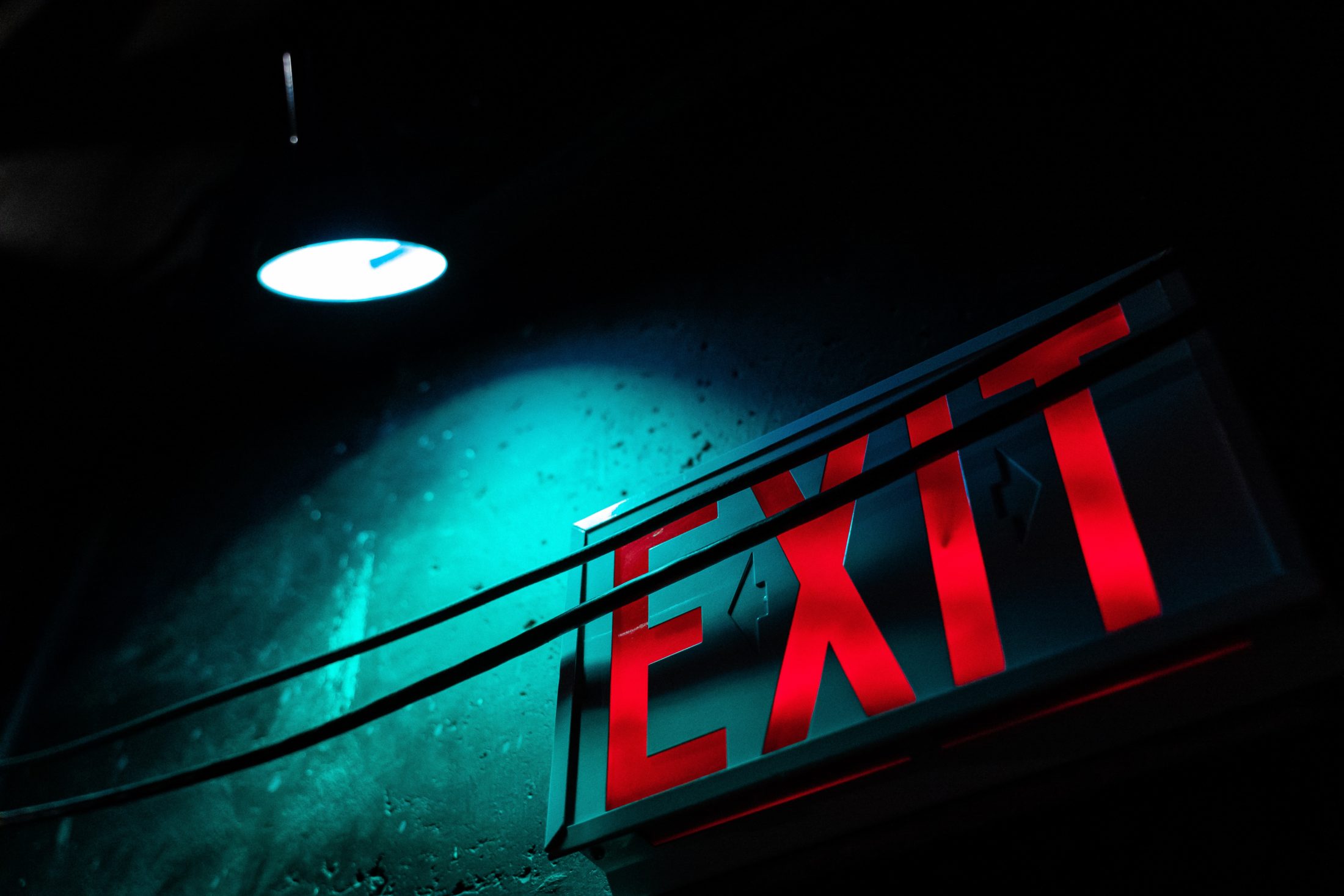What would happen to your business if you weren’t there? This wouldn’t be for just a day or two if you took a long weekend away, but for an indefinite period of time. It would also mean no communication with your team members whilst you are away.
Before answering that question, answer this. How does the thought of you not being in your business for an extended period of time make you feel? Confident? Calm? In control?
When I ask business owners this question – some say they would be okay with it, that they have a good team in place to take over the reigns. Unfortunately, many have said that they would be extremely nervous and apprehensive about this happening to their business. The loss of the decision maker, the loss of the captain of the ship, would be devastating to say the least.
In our perfect worlds we would always be there, we would always show up. However we know that life isn’t perfect This has been well proven this year, with the unthinkable happening – COVID. Good business practise expects for business owners to take the lead on managing and preventing risk. It is a key duty of any business owner to prepare for the worst. The possibility of not having a leader in your business is a huge risk, so here are a few pointers you can start looking at to set your business, your team and yourself up for success and long term sustainability.
-
Clarify your exit strategy
This is an odd concept to process for any business owner. You may have recently started the business, why on earth would you be thinking of leaving?
The best time to work out your exit strategy is when you start the business. How you exit, will determine how you set the business up. What your structure looks like, how you organise your people, etc.
-
Don’t be the Lone Ranger
In the early days it may just be you. However, depending on your vision for the business, you may need to employ team members. One of the key components to a sustainable business is having a good team around you. A wise business owner will surround themselves with a team of specialists, who are capable of doing certain tasks better than them. A wise business owner shares the load and decision making process with the team. They ask for opinions, suggestions and ideas. They reward and recognise their teams and place emphasis on personal growth and development. A wise business owner understands that they will not be there forever and therefore creates this team culture.
Lone Rangers work alone. They don’t delegate, share information or elevate the people around them. This might be because of fear of losing control, or an ego getting in the way. When teams are not trusted with decision making, they are literally working with their hands tied. By not trusting your team to take the lead, you are stunting their growth and the growth of your business. You will lose them.
-
Systems and processes
Chatting to a business owner the other day, they told me very proudly, that they had all the information in their head. Client info, agreements and if his employees needed information, they just needed to ask him. So my response was the question I asked you earlier. “What would happen if you weren’t in your business?” I was met with a blank stare.
Your worth as a business owner is not determined by how much information you can store in your head. Your worth is measured by how well you can build a sustainable business. So, think of the various systems and processes you have in your business. Do these allow your team members to do their jobs without having to ask your permission or advice? What needs to be put in place to allow this to happen?
Your business was initially built to provide a service or product to your customers – don’t make it solely about you.
Latest posts by Nicole Coyne (see all)
- A business strategy is not enough - June 3, 2024
- Networking – quality or quantity? - February 19, 2024
- How behaviour profiling can work for your business - January 5, 2024




